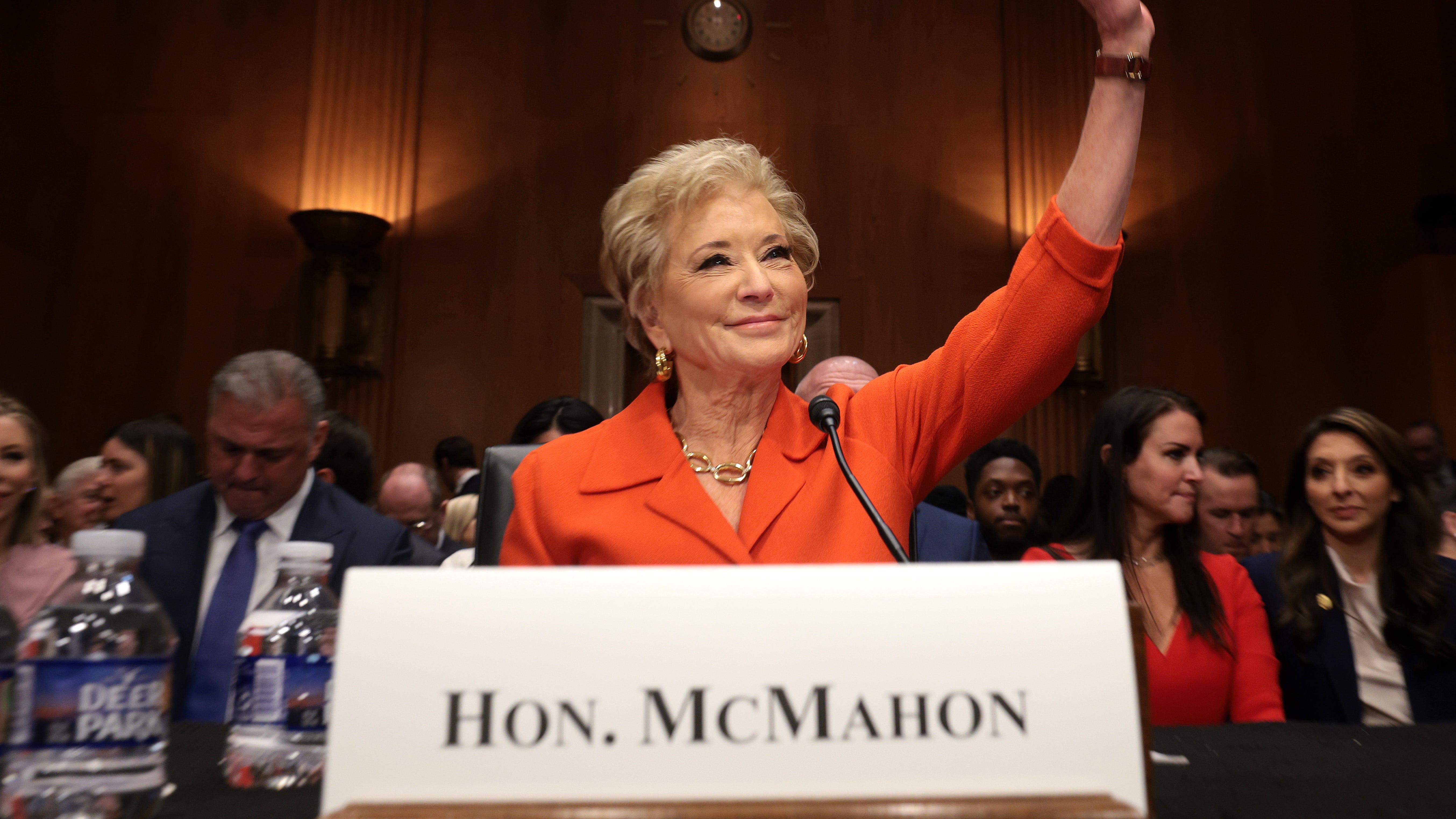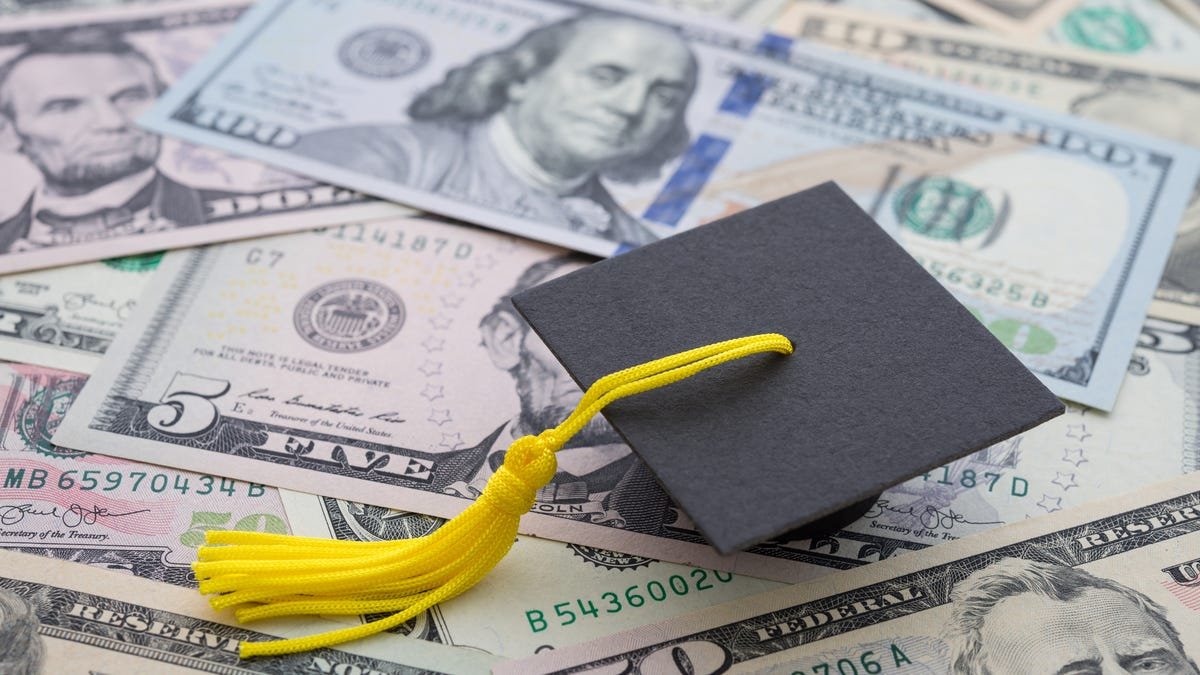
Linda McMahon confirmed by Senate for Education secretary
The Senate confirmed GOP donor and former wrestling executive Linda McMahon to head the Department of Education with a 51-45 vote.
President Donald Trump is seeking to eliminate the U.S. Department of Education, according to a draft of an executive order reviewed by USA TODAY.
As Trump cannot fully eliminate the agency, the order would push Education Secretary Linda McMahon to pare down the department to “the maximum extent appropriate and permitted by law.” Only Congress can abolish federal agencies.
In addition to igniting a wave of worries about school funding, this news has prompted federal student loan holders or those considering taking on the loans to ask what will happen with that federal funding.
Here’s what experts are saying about how student loans may be impacted.
If the Department of Education closes, what happens to student loans?
McMahon said that key sources of education funds, such as federal student loans and Pell grants, will not be affected by the changes.
The terms and conditions of those loans will not change either, said Betsy Mayotte, president of The Institute of Student Loan Advisors, a Massachusetts-based organization that provides free loan advice nationally to 12,000 students annually.
For those who have qualified for federal aid calculated through the FAFSA form, or have received a Pell grant, loans are not on the chopping block, Mayotte said. Any changes would come only if Congress approves them and votes to approve a spending bill still being negotiated that won’t be created until April or May.
However, the student loans may be transferred to the Department of the Treasury if the department is eliminated as Trump said he plans to do, experts say.
“Even if the loans were to move to a different agency, the terms and conditions would not change. This would not get rid of Public Service Loan Forgiveness programs (PSLF), for example. It would not change or privatize interest rates,” Mayotte said. That’s because those sorts of changes would not pass legal muster, she said.
“The terms of these loans are written into statute. Congress has never retroactively changed or removed a benefit from an existing loan, and even in this Congress, I don’t see them doing that now … I just don’t think student loans are high on their priority list, I think it’s K-12, civil rights and DEI,” Mayotte said.
What does the Department of Education do?
The Department of Education, which has been around in some form since just after the Civil War, works with educational institutions at the elementary, secondary and post-secondary levels, including colleges and universities. Its functions include:
- distributing federal education funding to educational institutions,
- enforcing federal civil rights laws to ensure equal access to education institutions that take federal dollars,
- overseeing federal student loans for postsecondary education, and
- collecting and assessing data on education in the U.S., including student achievement.
The Department of Education has no say in overseeing school curriculums, which are decided at the state and local levels.
USA TODAY reporters Joey Garrison and Zachary Schermele contributed to this article.


